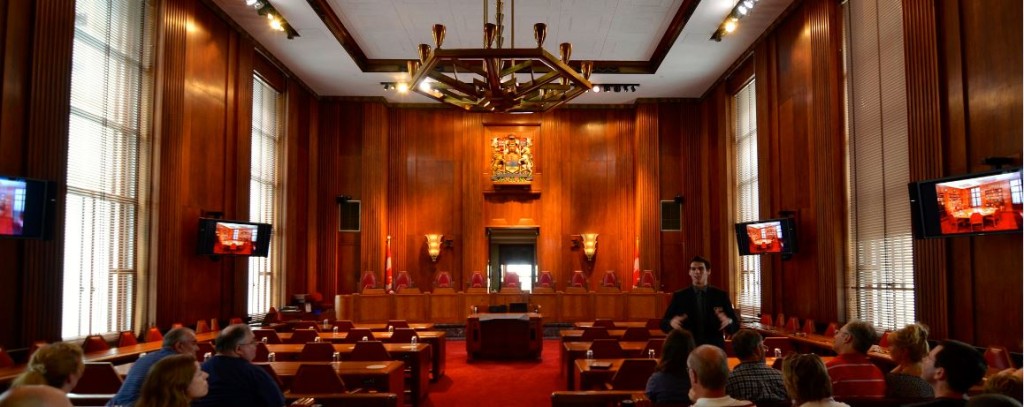Court Awards Our Client $266,000 After ICBC’s $60,000 Offer Was Rejected
Posted on by Mussio Goodman
Following a five-day trial, Mussio Goodman was successful once again. In Omerovic v. Merced, 2023 BCSC 727, the BC Supreme Court awarded our client $266,000 for injuries sustained in a June 2016 accident, almost five times more than ICBC’s $60,000 offer prior to trial.
Our client was 28 years old at the time of the accident, and she continued to experience pain and limitation in all aspects of her life since. Unfortunately for our client, after her family doctor retired, she was unable to find another family doctor to take her on as a patient since she had an open ICBC claim. Since our client couldn’t find another family doctor, she was unable to get referral notes to attend treatment. ICBC attempted to use this to discount our client’s award for injuries by arguing that she failed to mitigate her injuries by not seeking treatment. The court rejected ICBC’s argument.
Our client, even while experiencing pain, pushed through her limitations to complete her work duties and maintain her lifestyle as best as she could since she did not want to be considered a burden to her family and friends. ICBC again tried to discount our client’s injuries by arguing that she was not as injured because she was able to push through her pain. The court rejected this argument as well and stated:
[60] In short, Ms. Omerovic has a stoic disposition and I must bear in mind the principle that her willingness and ability to push through the pain should not count against her, in the assessment of fair compensation for her injuries.
ICBC advanced an argument based on cases completely different on their facts. The Court agreed with our client, stating:
[75] The cases cited by the defendant are unhelpful. Lowney, Bischoff and Thorson involved plaintiffs who suffered less consequential injuries. Notwithstanding her injuries, Ms. Lowney remained an enthusiastic international traveller. Ms. Bischoff had achieved close to a full recovery. Ms. Thorson described her injuries as an inconvenience and her long-term prognosis was good […]
This case is illustrative of the unrealistic arguments that ICBC uses to downplay a person’s injuries to limit the compensation they deserve, and the unreasonable tactics that ICBC uses to force injured persons to take lower compensation before trial.




